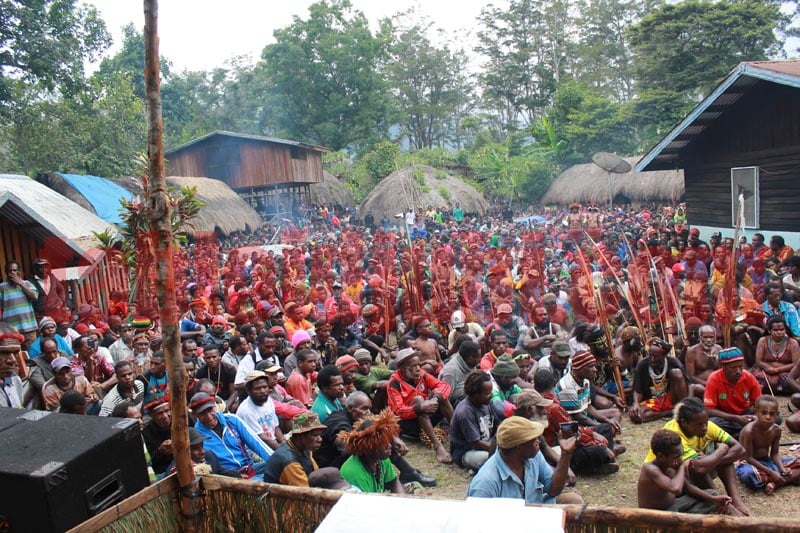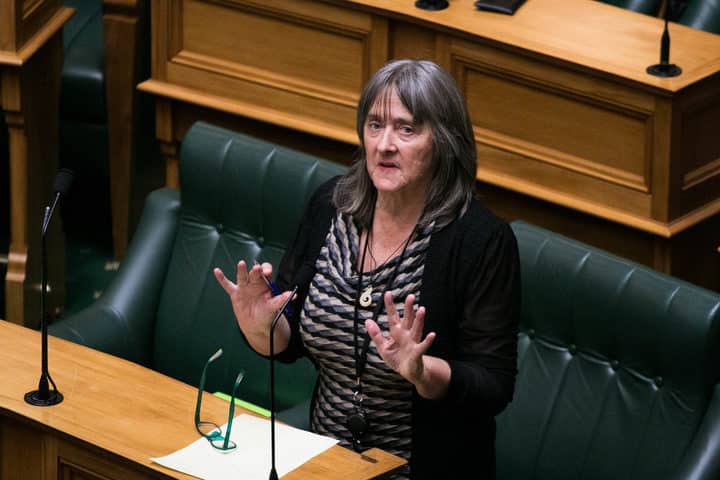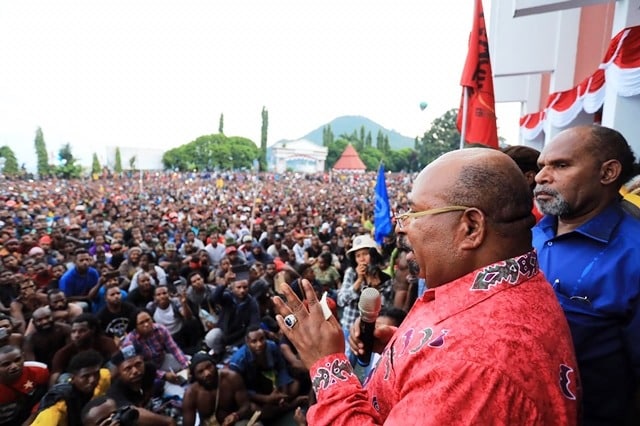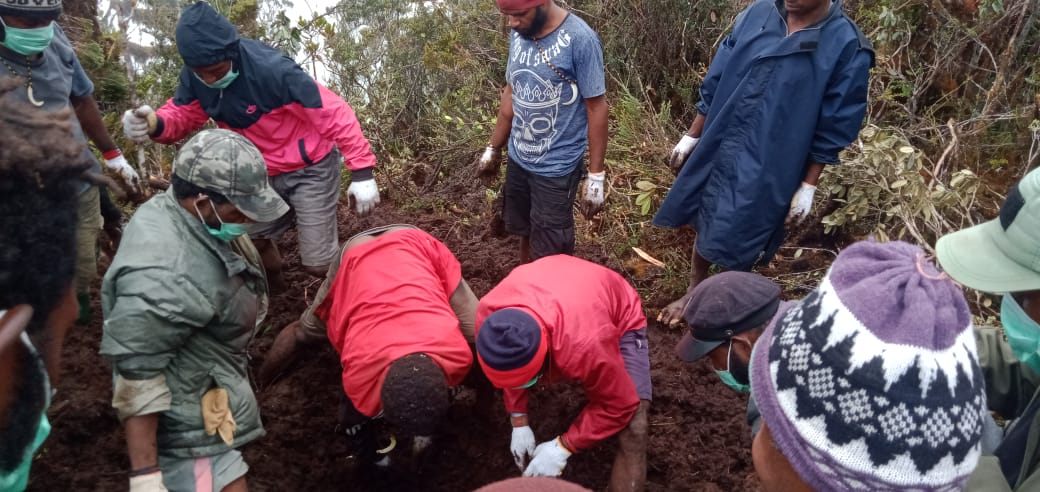
The challenges that many Papuans have faced in expressing their political, economic, social and cultural rights have drawn close attention from the international community, including in recent times from a group of Melanesian countries united under the Melanesian Spearhead Group (MSG) initiative. In 2015 the MSG granted observer status to the United Liberation Movement for West Papua (ULWP), an amalgamation of organisations campaigning for Papuan independence from Indonesia.
This has compounded concerns among Jakarta-based elites. The real question is why the Indonesian government seems to have been unable to defuse the internationalisation of the Papuan issue, particularly at the regional level.
Several reasons lie behind the ineffectiveness of Indonesian foreign policy in handling the Papuan independence issue in the Pacific. Generally, a lack of coordination between the Ministry of Foreign Affairs and other parts of government has led to the lack of a single policy to defuse the independence push.
There is a need to align what happens on the ground with what is presented to the international community. Papuans’ political and cultural aspirations are met with heavy-handed treatment by the Indonesian security apparatus. But the Ministry of Foreign Affairs has denied this. Rather, it has repeatedly stated at international forums that conditions, particularly indigenous rights, have improved significantly despite human rights reports showing otherwise.
















